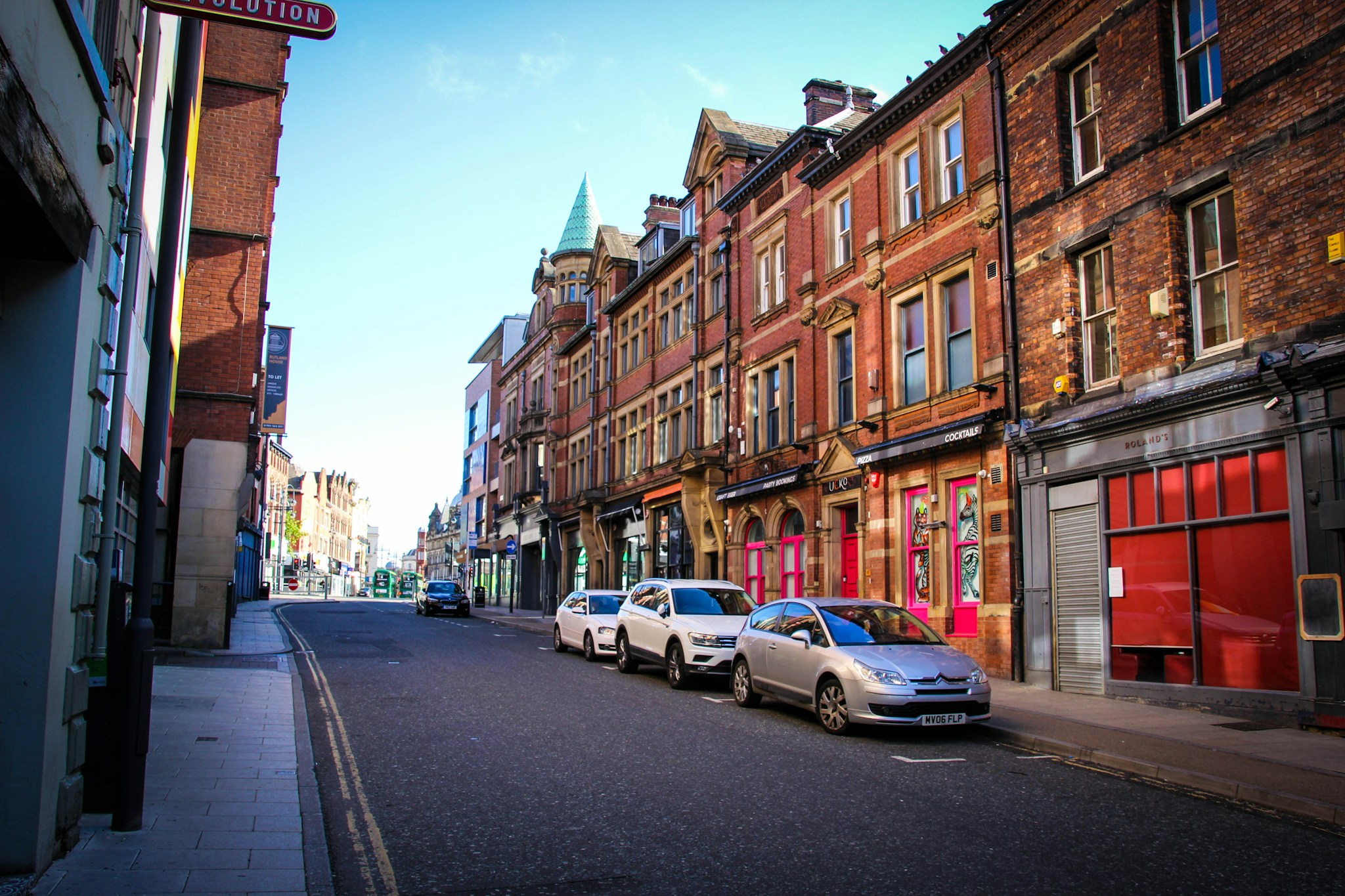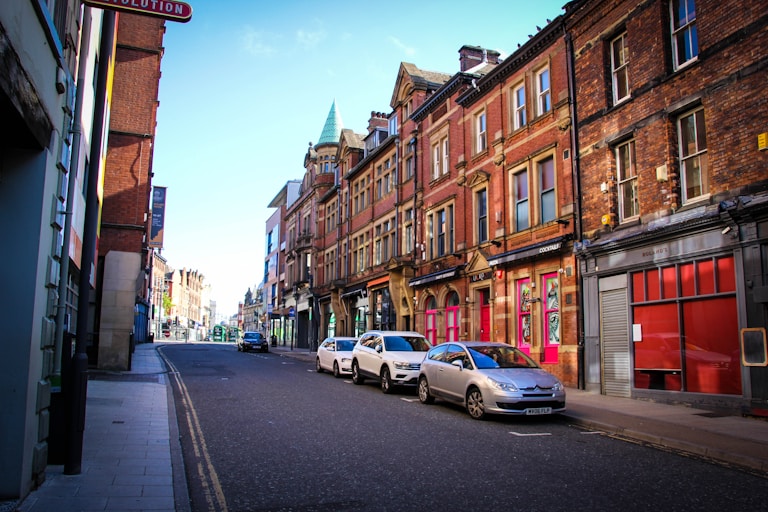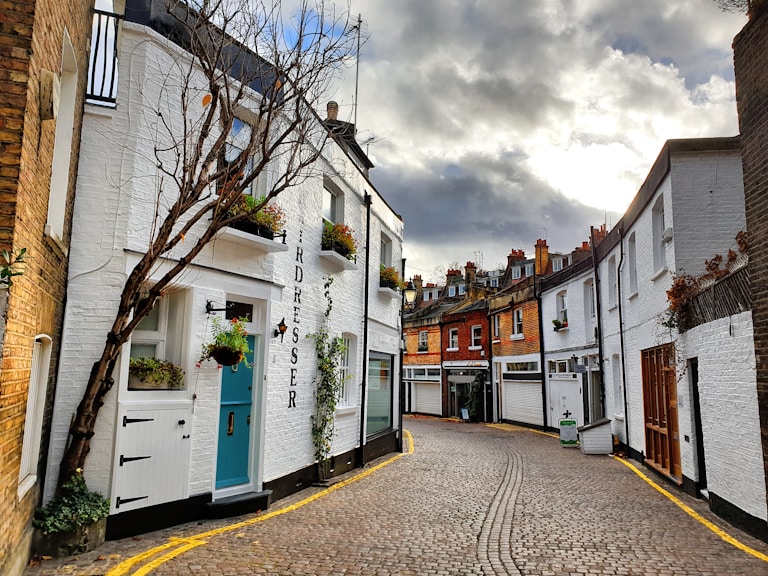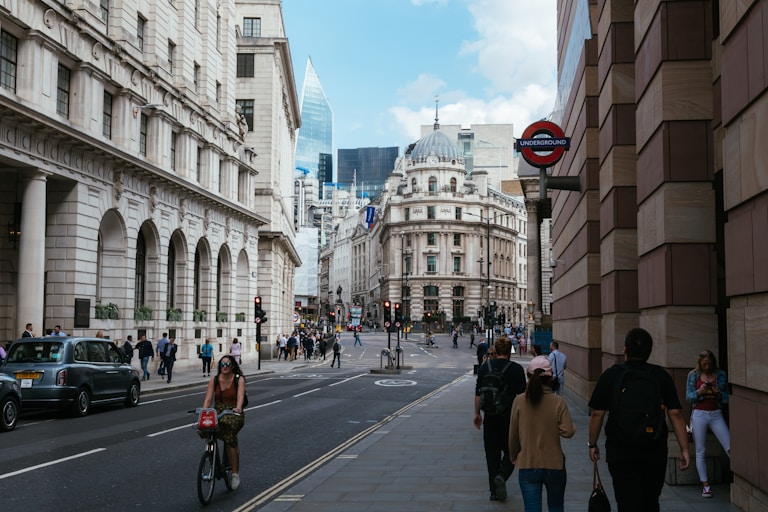UK house prices experienced their swiftest annual decline in 14 years during July, as indicated by Nationwide.
The building society noted a 3.8% drop in prices, marking the largest yearly decrease since July 2009. Nationwide pointed out that elevated mortgage interest rates presented a challenge to potential homebuyers’ affordability. July saw mortgage costs reach their highest point in 15 years due to uncertainty around the Bank of England’s interest rate..
Nationwide reported the average UK home price at £260,828, approximately £13,000 lower than the peak in August of the previous year. While the drop in house prices may be welcomed by first-time buyers, Nationwide highlighted that housing affordability remained strained due to higher mortgage rates.
Nationwide’s chief economist, Robert Gardner, explained that a first-time buyer with an average wage and a 20% deposit would allocate 43% of their take-home pay for mortgage payments at a 6% rate, whereas just a year ago, this would have been slightly over one-third of their income. Recent data also revealed a continued increase in mortgage rates, with a typical two-year fixed mortgage rate reaching 6.85%.
Gardner noted that the housing market had been subdued recently, with fewer completed housing transactions in June compared to the previous year. Rising mortgage rates followed a series of interest rate hikes by the Bank of England aimed at addressing persistent high inflation. An additional interest rate increase by the Bank is expected, which would mark the 14th rise in borrowing costs since December 2021.
Despite a slowdown in UK inflation to 7.9% in June, elevated food prices persist.
Although some lenders reduced fixed-rate mortgage pricing based on favorable inflation data, the anticipation of higher interest rates implies continued concerns about escalating mortgage costs.
According to Gabriella Dickens, a senior UK economist at Pantheon Macroeconomics, house prices might need to decline by about 8% from their peak to restore demand and supply equilibrium.




